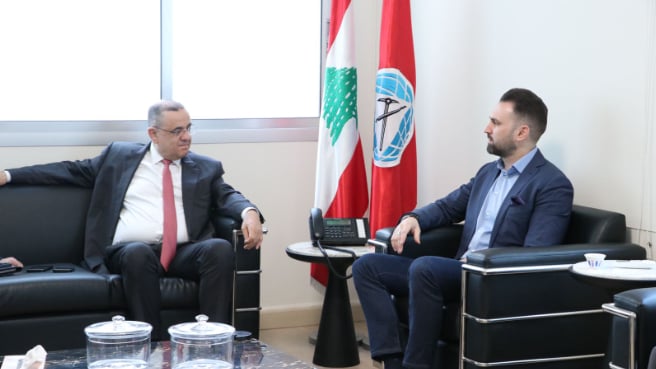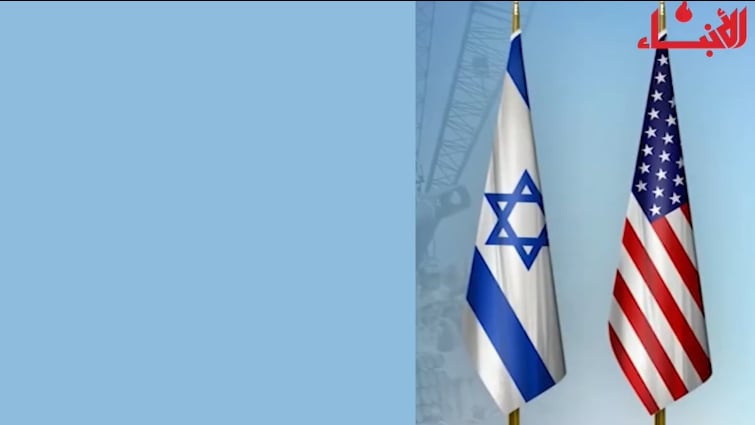The Trump administration has increased criticism and pressure on Iran in recent days: accusing the country of planning assassinations of American diplomats, announcing hacking indictments, preparing unilateral sanctions and denouncing Tehran for interfering in the November election.
But the campaign to denigrate and isolate Iran belies Tehran’s current posture. Iran’s supreme leader has blocked any large, direct retaliation to the United States, at least for now, allowing only cyberactivity to flourish, according to American and allied officials briefed on new intelligence reporting.
Iran also abandoned plans it had a year ago to deliver an election season surprise this fall, like an attack on Persian Gulf shipping or Middle Eastern oil production intended to shock global financial markets and hurt President Trump’s chances of re-election, according to American officials familiar with the intelligence.
Iran recalculated after the pandemic devastated the world economy, making any sort of attack on oil production ineffective. Iran also now believes that any strike beyond covert cyberattacks would benefit Mr. Trump, allowing him to rally his base and give the United States an opportunity for a military response, according to American, allied and Iranian officials.
Iranian leaders, according to allied intelligence, have concluded that restraint is the best way to prevent Mr. Trump’s re-election.
Nonetheless, Mr. Trump and several of his top aides have portrayed Iran as an increasingly dangerous threat. On Saturday, the United States will reimpose sanctions on Iran, acting without the support of Europe, which opposes the move. Mr. Trump and Robert C. O’Brien, his national security adviser, have presented Iran as a threat to the fall election on par with Russia, an assessment that intelligence officials and outside experts say is wrong.
Some administration officials have acknowledged the Iranians’ recent restraint. In a briefing with reporters this week about the sanctions, Elliott Abrams, the State Department’s envoy for Iran policy, said Iran had been acting with a “certain degree of caution,” though he credited the shift to the American military strike in January that killed Major Gen. Qassim Suleimani, the Iranian commander who oversaw Tehran’s proxy forces around the Middle East.
American intelligence on Iranian intentions has always been imprecise, and officials would not discuss in detail the evidence behind the new assessments of Iranian caution. But officials said the conclusion of relative inaction by Iran was consistent with its recent actions in the Middle East.
Privately, Iranian leaders are convinced that the United States and Israel are running operations against them, according to allied officials briefed on intelligence. But they have held back on major retaliation, such as for a July explosion at its Natanz nuclear sites that Israel has been said to be responsible for. Iran did not publicly assign blame for the blast, which destroyed a plant making centrifuges and was a severe setback for its nuclear program.
Iranian officials sensed a trap, the allied officials said. Iranian officials believe that such attacks are aimed at luring them to retaliate so that the United States or Israel could respond with a military strike.
Despite Iran’s overall restraint, the increase in Iranian hacking attempts has been notable. Microsoft warned last week that a hacking group called Phosphorous that it has linked to the Iranian government has “unsuccessfully attempted to log into the accounts of administration officials and Donald J. Trump for President campaign staff,” an acceleration of attacks underway for months.
Microsoft, with the approval of a federal court, has seized 155 internet domains that it has proved are under the control of the Iranian group, and are used for attacks. But compared with past Iranian activity, the attacks have left American intelligence officials unimpressed.
Beyond the sanctions, the Trump administration has looked for other ways to intensify both its criticism and pressure on Tehran. The Justice Department announced four indictments in three days of Iranian hacking groups, though none were related to election interference. And the State and Treasury Departments also announced sanctions on Thursday related to Iranian hackers backed by Tehran’s intelligence agency who have targeted dissidents, journalists and others in the country.
The Navy announced the aircraft carrier Nimitz, and its accompanying support ships, had entered the Persian Gulf on Friday. Navy officials said the action was a long-scheduled training deployment but acknowledged that it also signaled to Iran to avoid any provocative actions as the new American sanctions take effect.
Administration officials have also emphasized Iran’s efforts at election interference. In addition to trying to infiltrate the Trump campaign, Iran has also used social media to criticize the White House’s handling of the coronavirus pandemic and highlight social unrest in the United States.
But Iran is unable to combine its overt criticism with more hidden efforts to sow divisiveness in America with the effectiveness of Russian intelligence operatives, said Ariane M. Tabatabai, an analyst with the Alliance for Securing Democracy and the author of a paper released Thursday on Tehran’s efforts.
“Iran is doing a lot more things than they were, but we shouldn’t hype the threat either,” she said. “The biggest threat in election interference right now is not Iran.”
Iran is opposed to Mr. Trump’s re-election, according to a statement last month from William R. Evanina, a senior official in the Office of the Director of National Intelligence. But the statement was telling because it did not outline any actions by Iran that compare with Russia’s more robust election interference operations, said Representative Adam B. Schiff, Democrat of California and chairman of the House Intelligence Committee.
“To judge by the O.D.N.I. statement, we aren’t seeing any of the kind of actions taken by Russia being undertaken by Iran,” Mr. Schiff said in an interview. “Iran has a sophisticated cybercapability but nothing on the level of Russia. It does not have the experience or the infrastructure to mount the kind of campaign Russia waged in 2016 or is undertaking right now.”
The Trump administration has emphasized the threat of Iranian interference on behalf of former Vice President Joseph R. Biden Jr., the Democratic nominee. The White House has highlighted Iranian interference in part to placate Mr. Trump, who has repeatedly expressed hostility to suggestions that Russia was intervening on his behalf, according to former intelligence officials.
Above all, Iran’s goal is to retain support from Europe, Russia and China, all of which oppose efforts by the United States to reimpose economic sanctions, and to avoid doing anything that would jeopardize the expiration of a United Nations arms embargo scheduled for October.
Israeli attacks on Iranian forces in Syria this year prompted the new chief of Iran’s Quds Force to urge his government to respond. But Iran’s supreme leader, Ayatollah Ali Khamenei, blocked any large-scale response. Instead the Islamic Revolutionary Guards Corps received permission for a small cyberattack against Israel.
After the Natanz blast, the Quds Force again pressed for a response against Israel, and Ayatollah Khamenei again rebuffed the request.
American government officials have discussed in recent days apparent threats against American diplomats by the Iranians, part of an effort by Iran retaliate for the January drone strike that killed General Suleimani.
Lana Marks, the American ambassador to South Africa and a political supporter of Mr. Trump, was a potential target of an Iranian attack, according to national security officials. But some briefed on the intelligence said Iran has not decided to directly target any American official, and other current and former officials accused the Trump administration of overstating the threat. Politico earlier reported that Ms. Marks was a target.
Iran denied the allegations and said it was propaganda aimed at increasing tensions before the election.
The Trump administration’s campaign to criticize or further isolate Iran has sometimes backfired.
For example, the sanctions, which cited violations by Iran of its landmark 2015 nuclear agreement with world powers, are intended to harness the international community’s power against Iranian trade. But the United States is alone in planning to enforce them, after European allies recoiled from the Trump administration’s insistence that it could continue to punish Iran deal under the terms of the pact, which it withdrew from two years ago.
That escalated already simmering tensions between the United States and allies in Europe that have threatened to spill over into other diplomatic issues, according to a senior European official.
The Trump administration has stronger support for its hard line against Iran with some Gulf countries, like Saudi Arabia and the United Arab Emirates, that see Iran as the “primary destabilizing force in the Middle East,” as Secretary of State Mike Pompeo put it in a recent interview at the Atlantic Council. But the administration’s tough line risks irritating other countries in the region, notably Iraq and Qatar, both of which host American troops and are strategic American partners in the Middle East but also maintain ties with Tehran.





